
Reasons You Should Add Antioxidant Ingredients To Your Skincare Routine
The fountain of youth might be an urban legend but skincare companies have uncovered ingredients that can delay skin aging and protect it from further damage. Health and skincare companies have been exploring the effects of antioxidants on the skin.
“Antioxidants protect the skin by limiting free radical production, which can damage the skin. With daily use, they can reduce lentigines (sunspots), help combat visible signs of aging and calm skin inflammations. Several antioxidants provide the skin with hydration and increase moisture retention to help revitalize dull-looking skin.”
Says board-certified dermatologist Rhonda Klein of Connecticut Dermatology Group.

Shutterstock
What Are Antioxidants?
Antioxidants are substances that help protect the skin’s surface from oxidative damage. Antioxidants work to block damage from free radicals and environmental aggressors like UV and pollution.
They are used in many skin care product formulas. Especially because they boast powerful anti-aging abilities amongst numerous other benefits.
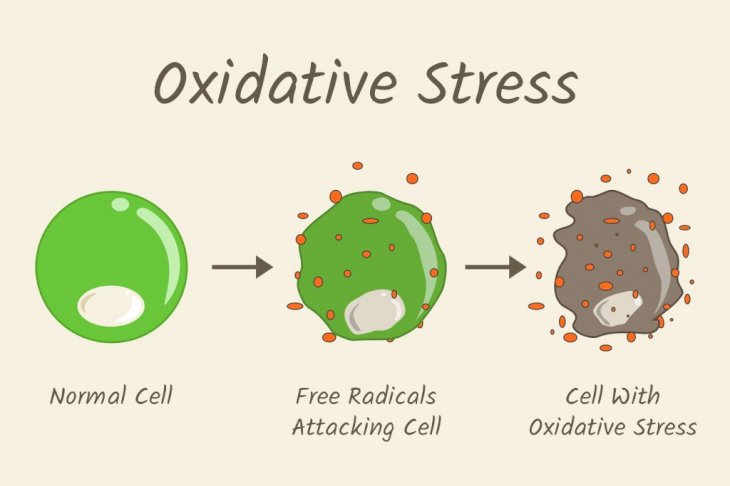
Shutterstock
Benefits of Antioxidants
1. Reduce Signs Of Ageing
Since oxidative stress breaks down collagen it can slow down the skin's ability to naturally repair itself and trigger inflammation. This results in fine lines, wrinkles, loose skin, acne breakouts, and a blotchy skin tone.
Therefore, using antioxidants ingredients scavenge free radicals and reduce oxidative stress. This, in turn, helps prevent and correct visible signs of aging.
2. Prevent Sunburn
Antioxidants have anti-inflammatory properties. Since they also protect against UV rays, it reduces the inflammation caused by the sun. This prevents sunburn and providing enhanced protection against sun damage and photoaging.
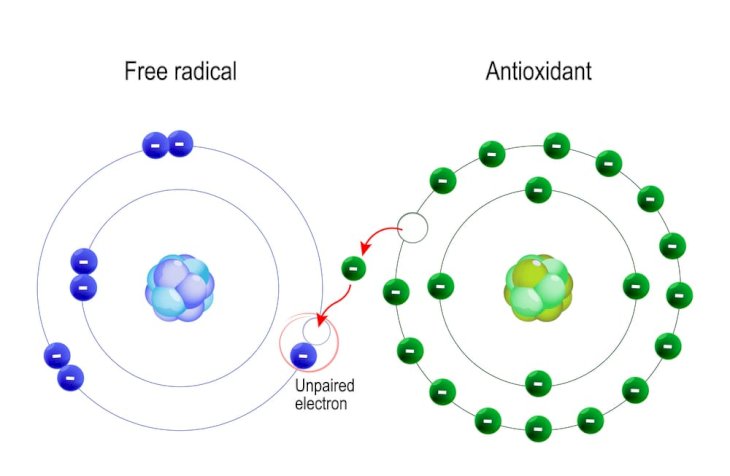
Shutterstock
3. Help Repair Skin
By reducing skin inflammation, antioxidants also promote skin rejuvenation. They encourage the skin to repair itself, increase collagen production and correct visible damage.
4. Brighten Skin Tone
Free radicals and frequent sun exposure often trigger melanin production resulting in dark spots and uneven skin tone. This means that protecting against these with antioxidants results in a reduction of photodamage and prevents abnormal skin pigmentations.
5. Anti-Carcinogenic
Some antioxidants like vitamins A, C, and E also boast anti-carcinogenic properties. This means that they may help prevent skin cancer.
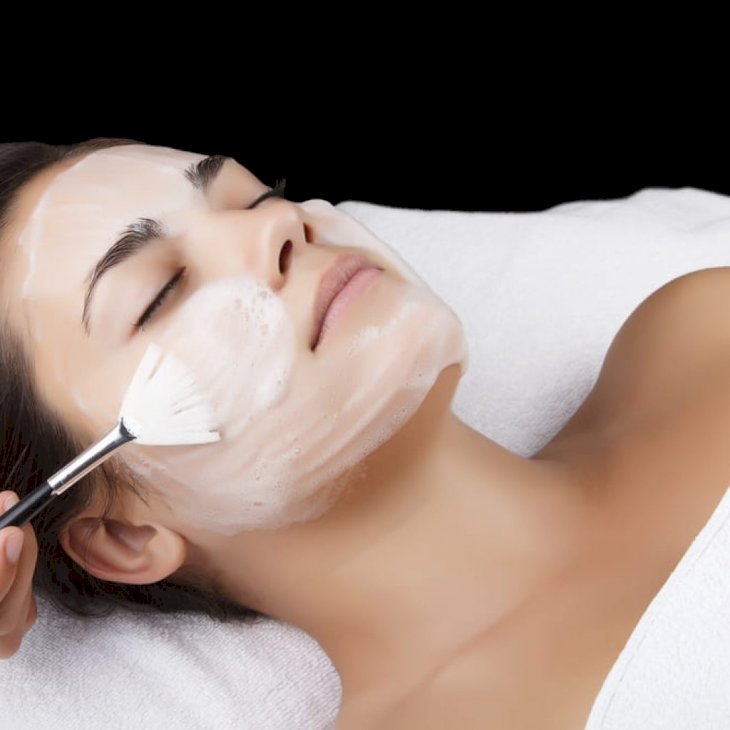
Shutterstock
Types of Antioxidants
Antioxidants come in a variety of different forms. While all antioxidants protect the cells from UV light, pollution and other environmental elements, some also protect against damaging free radicals.
Some antioxidants are also more potent. Here is a look at the most popular antioxidants found in skincare products.
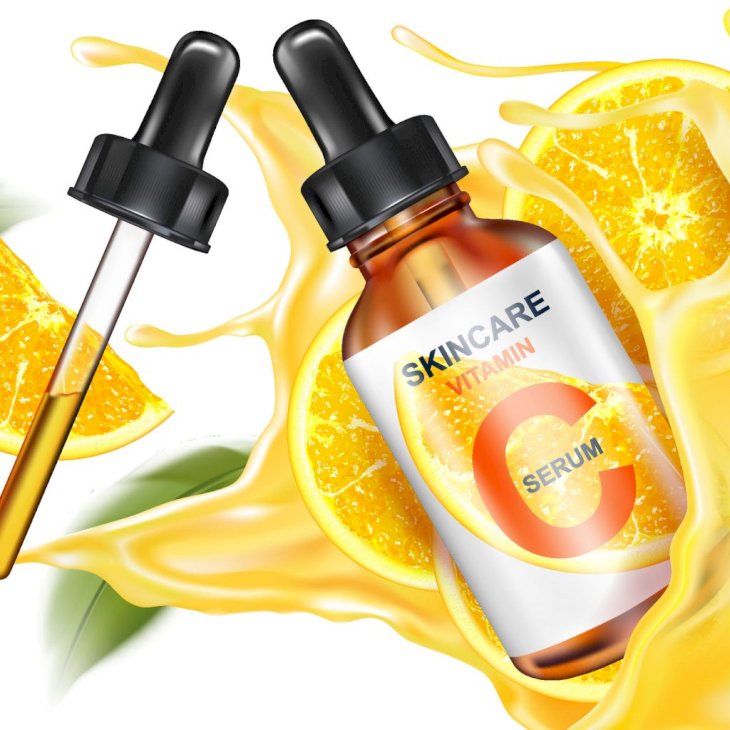
Vitamin C is amongst the more popular antioxidants. It is one of the most studied and tested antioxidants used in skincare.
It is well known as a free radical scavenger. Vitamin C also boosts collagen production and fades dark spots. Unfortunately, vitamin C is extremely unstable and sensitive to light and air exposure.
Product Recommendation: Paula's Choice C15 Super Booster
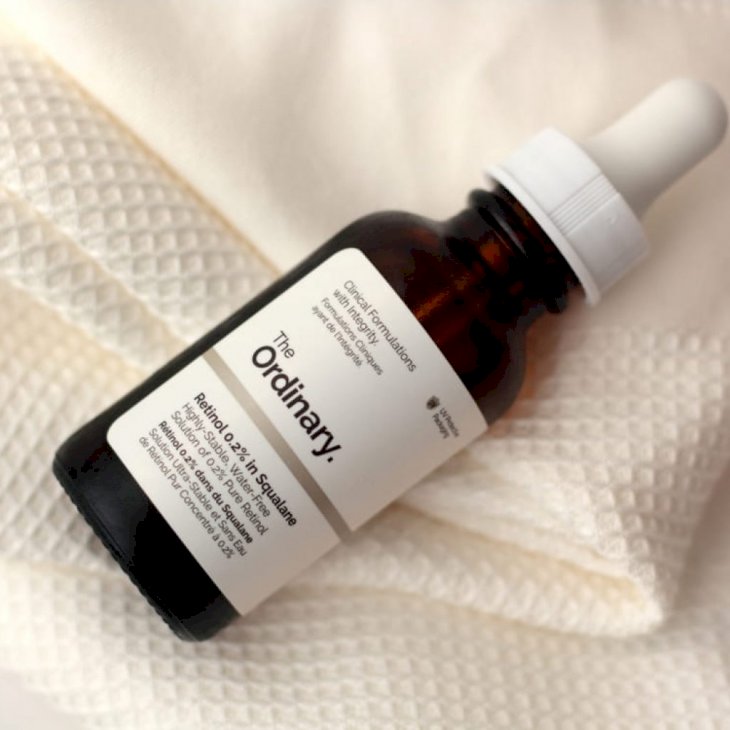
One of the most famous anti-aging ingredients on the market is the Vitamin A derivative Retinol. The ingredient has a very small molecular structure and can penetrate deep into the skin making it extremely effective.
It is anle to stimulate collagen production and accelerate cell renewal as well as cell repair. Vitamin A is renowned for smoothing fine lines and wrinkles as well as improve skin tone. It also protects against premature ageing.
Product Recommendation: Retinol 0.2% in Squalane (For Sensitive Skin or Beginners)
Vitamin E is imperative to the proper functioning of many organs in the body and the skin. It is an extremely powerful antioxidant and is renowned for being able to accelerate the skin’s healing process.
It is regularly found in moisturizers, creams, and lotions. Vitamin E is an extremely popular ingredient in products formulated for dry skin and products to reduce stretch marks.
Product Recommendation: Vitamin E Overnight Serum-in-oil
Another antioxidant is a chemical compound found mostly in the skins of fruits like grapes and berries, peanuts, tea and red wine is resveratrol. The compound behaves as armor for plants. Resveratrol is an antimicrobial substance produced by plants to protect themselves.
It protects against damage from air pollution, infection, intense UV radiation, and extreme climate changes. It also boosts the activity of mitochondria and promotes longer cell life in the body.
Product Recommendation: SkinCeuticals Resveratrol B E
CoenzymeQ10 or coQ10, also known as ubiquinone, is naturally found in the body but reduces as we age. The reduction of coQ10 results in wrinkles and photo-aging.
Research shows that applying topical solutions of this antioxidant helps fight free radical damage. It also promotes the health of skin cells and is easily absorbed by the skin. Most importantly, it helps stimulate collagen production and improves elasticity and texture.
Product Recommendation: The Inkey List Q10 Antioxidant Serum
“Niacinamide, also known as vitamin B3, is a powerful antioxidant that improves the skin’s texture and tone. It reduces fine lines, wrinkles and hyperpigmentation and exhibits anti-inflammatory properties."
says dermatologist Rhonda Klein of Connecticut Dermatology Group.
Niacinimide is water-soluble and suitable for all skin types. It is great to treat skin conditions like rosacea and acne. Best of all, it is quite stable and will not react with other products in your routine. In fact, it might actually boost the performance of products with ingredients, like vitamins A and C, retinol and hydroxy acids.
Product Recommendation: The Ordinary Niacinamide 10% + Zinc 1%